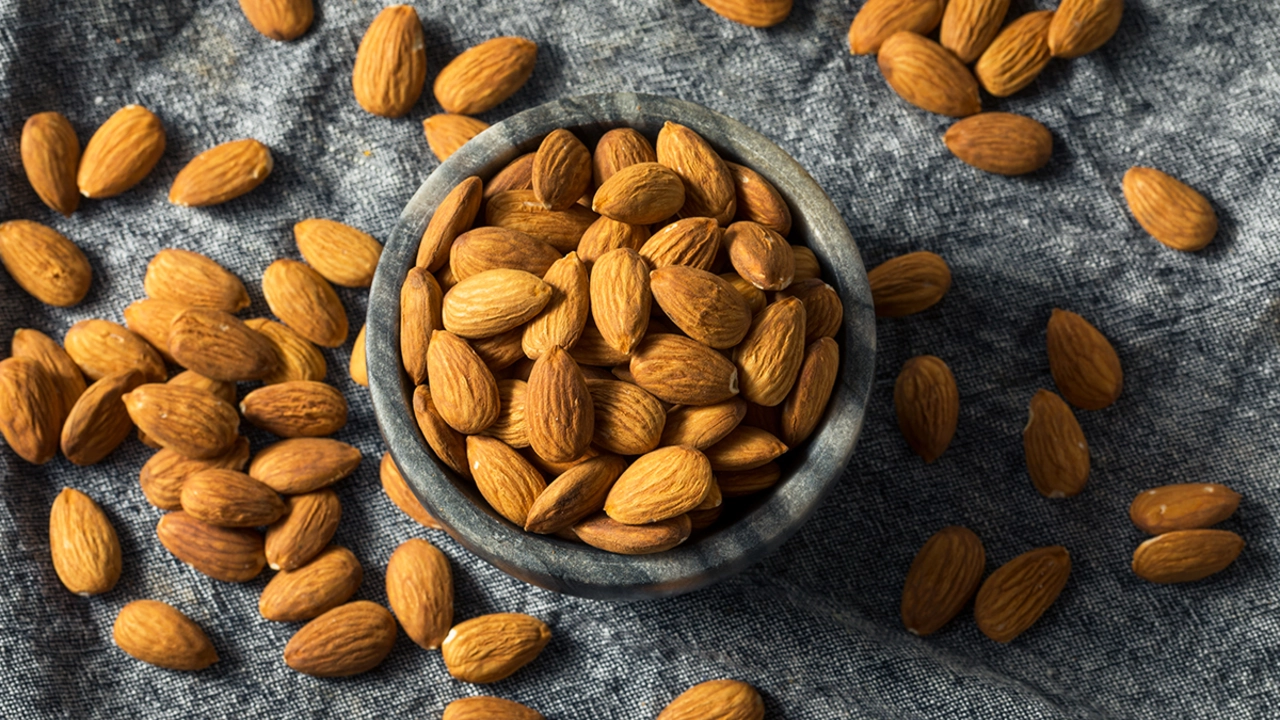Carob Supplement: Benefits, Dosage & How to Use
If you’ve heard about carob as a chocolate alternative, you might wonder if the powder or capsules can actually improve your health. The short answer is yes – carob offers fiber, antioxidants, and low sugar, which can support digestion, blood sugar control, and weight management.
What Is Carob?
Carob comes from the pods of the Ceratonia siliqua tree, a hardy shrub that thrives in Mediterranean climates. The pods are dried, roasted, and ground into a fine powder or pressed into tablets. Unlike cocoa, carob contains no caffeine or theobromine, so it won’t keep you up at night.
The powder is naturally sweet, thanks to its high natural sugar content, but it has a lower glycemic impact than refined sugar. That makes it a popular ingredient in low‑calorie desserts, smoothies, and even dog treats.
Key Health Benefits
Fiber boost: Carob is rich in soluble fiber, which helps keep your bowels moving and feeds good gut bacteria. A single tablespoon can add about 3 grams of fiber to your diet.
Blood sugar support: Because the fiber slows carbohydrate absorption, many people see steadier glucose levels after meals that include carob.
Antioxidant protection: Carob contains polyphenols that fight free radicals. While they aren’t as concentrated as in some berries, regular use still adds a modest antioxidant edge.
Heart‑friendly: The combination of fiber and low fat can help lower LDL cholesterol over time when paired with a balanced diet.
How to Take It Safely
The most common forms are powder, capsules, and chewable tablets. Start small – about 1 tsp (4 g) of powder mixed into water, oatmeal, or a smoothie. If you tolerate that well, you can increase to 2‑3 tsp per day.
Capsules usually contain 500 mg of carob extract. A typical dose is 1‑2 capsules twice daily with food. Always follow the label on the specific brand you buy.
People with very sensitive stomachs might experience mild gas or bloating because of the fiber. If that happens, split your dose into smaller portions throughout the day and drink plenty of water.
Who Should Skip It
If you’re allergic to legumes (carob is a legume), avoid it. Also, those with severe kidney disease should talk to a doctor before adding extra potassium‑rich foods, as carob contains moderate potassium levels.
Buying Tips
Look for products that are USDA organic or have third‑party testing badges. Cheap bulk powders sometimes contain fillers like maltodextrin, which can dilute the benefits.
Read reviews for taste and mixability – some brands dissolve better in warm liquids than cold ones.
Quick FAQ
Can I use carob instead of cocoa? Yes, swap 1:1 in recipes. Expect a milder flavor and less bitterness.
Does it help with weight loss? It can curb cravings because the fiber keeps you full longer, but you still need an overall calorie‑controlled diet.
Is it safe for kids? Children can have carob powder in small amounts (a half teaspoon) mixed into yogurt or fruit.
In short, a carob supplement is a simple way to add fiber and antioxidants without caffeine or added sugar. Start low, stay consistent, and you’ll likely notice smoother digestion and steadier energy levels.

Unlock the Power of Carob: 10 Reasons Why You Need This Dietary Supplement in Your Life
Hey there, it's your go-to guy for health tips! Let me tell you, carob has been a game-changer for me. This dietary supplement, largely overlooked, packs a powerful punch with amazing health benefits. From gut health to enhancement in your mood, the reasons why you should include carob in your diet are endless. Trust me, after you've read our deep-dive on the power of carob, you'll want this natural boost in your life too!
Read More